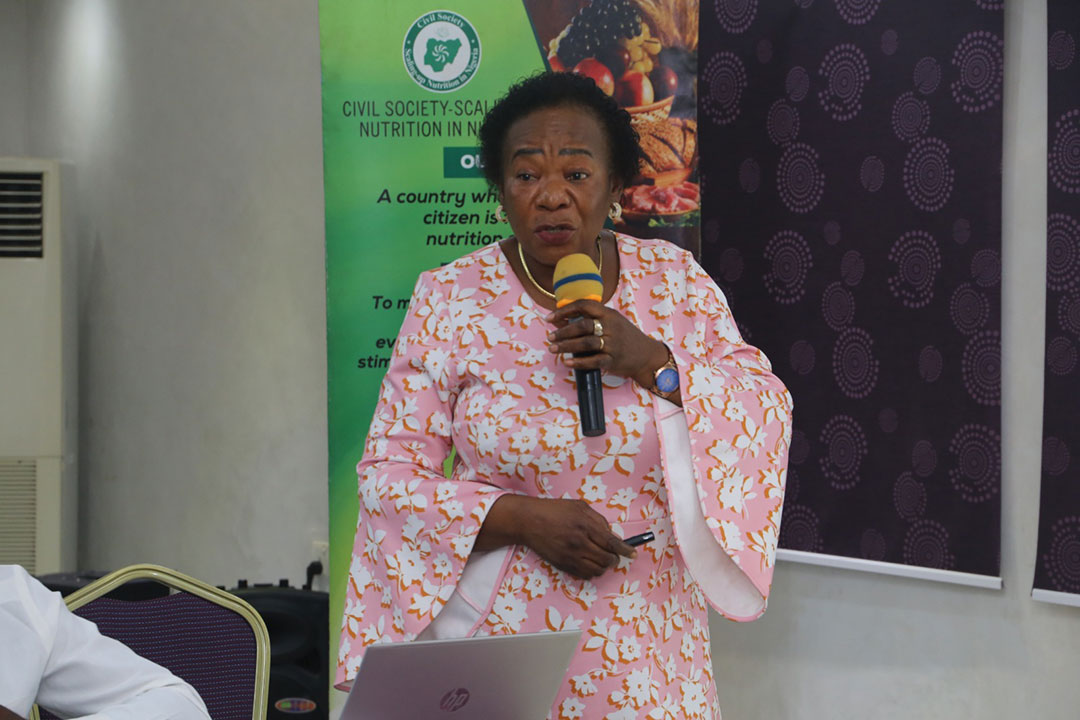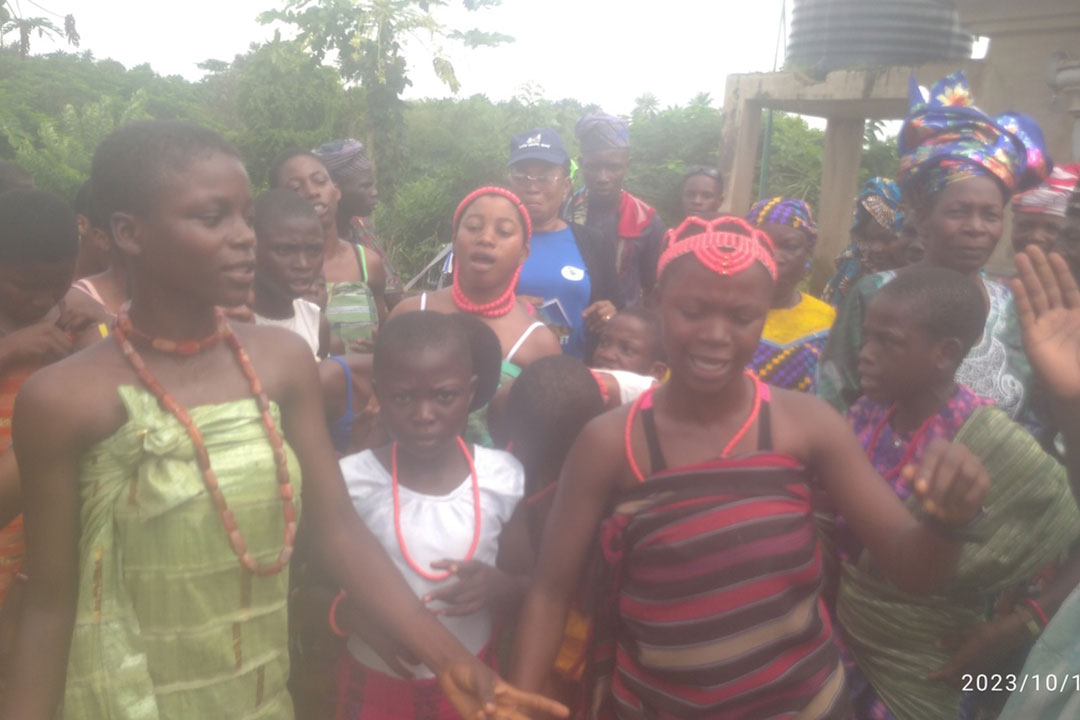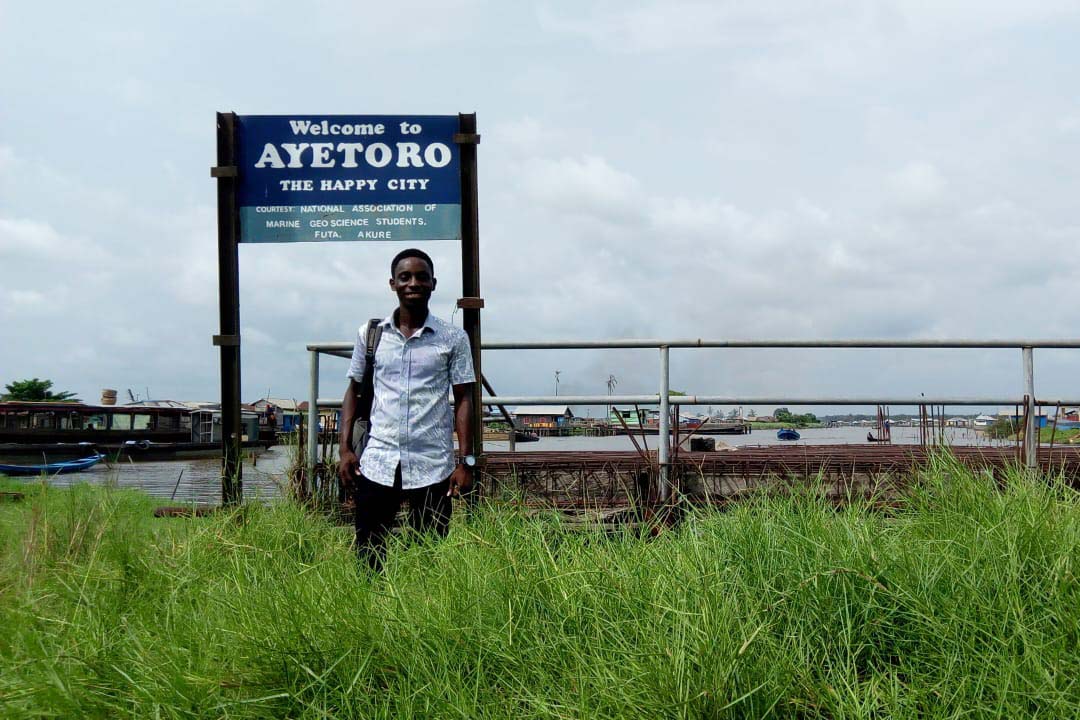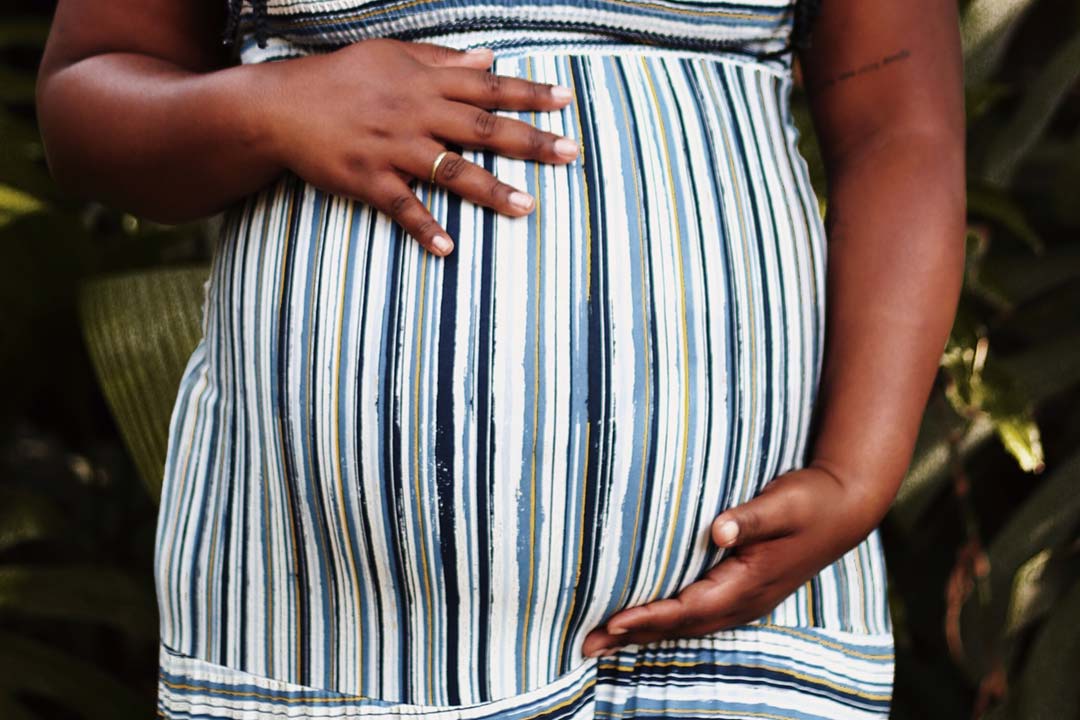What can Nigeria do to boost local production of vaccines?
COVID-19 has made local, home-grown production of vaccines a national priority in countries around the world. #VaccinesWork spoke to Professor Martins Emeje at Nigeria’s National Institute for Pharmaceutical Research and Development (NIPRD) to find out what a country like Nigeria needs to do to boost local vaccine production.
- 15 July 2021
- 4 min read
- by Royal Ibeh

The COVID-19 pandemic has highlighted the importance of countries, especially in Africa, developing the manufacturing capacity to produce vaccines to address health emergencies, strengthen regional health security and expand sustainable access to health products.
Professor Martins Emeje, pharmaceutical scientist and manager at Nigeria’s National Institute for Pharmaceutical Research and Development, (NIPRD), shared his views on the state of the Nigerian pharmaceutical industry, in particular the local production of vaccines.
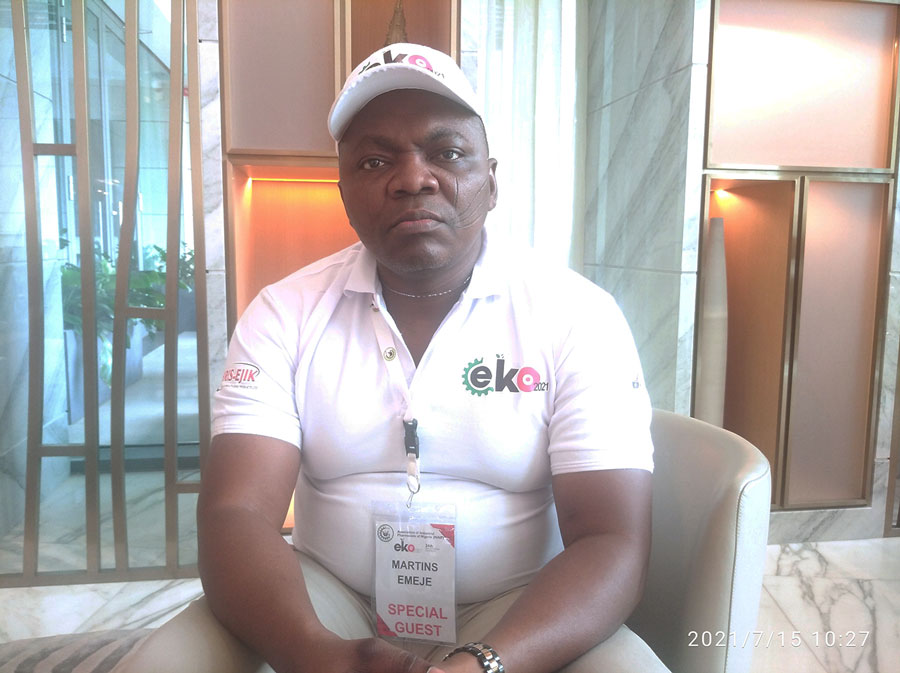
Photo credit: Royal Ibeh
The World Health Organisation has advised African leaders to start looking into local production of COVID-19 vaccine. What would it take for Nigeria to manufacture vaccines?
Nigeria is a home to some of the best pharmaceutical scientists in the world. Nigeria has the human capacity to manufacture any type of drug, to undertake research and development into any type of drug, whether it is synthetic or natural. The country also has the professionals, intellectuals and industrial know-how that is needed to produce vaccines.
Countries that prepare for war in the time of peace are those that will survive. It is not during war that you begin to buy ammunition. It is during peace that you begin to do research and prepare.
Yet, right now as we speak, Nigeria does not manufacture any drugs. We import 100% of our drug needs from other countries. This is in the form of the raw materials (the active pharmaceutical ingredients) which we then compound and/or produce in capsule, tablets, injection and syrup form. Or, we import already finished products, primarily from India, China and the United Kingdom for distribution in our health system.
The primary challenge is in terms of infrastructure. Nigeria does not currently have the infrastructural capacity to manufacture, not just COVID-19 vaccines, but all drugs.
The Central Bank of Nigeria (CBN) has awarded a sum of N253.54 million in grants to five researchers under its Healthcare Sector Research and Development Intervention Scheme (HSRDIS). Do you think that fund can help improve the situation on ground?
The grant is a welcome development, but it will not be enough to produce a vaccine because we are starting from scratch.
The reality is that research and development has been neglected over the years. With the COVID-19 pandemic, there is the realisation that dependency on other countries to produce medicine for Nigeria is not sustainable.
Have you read?
While the intervention fund is too small, however, I commend that initiative for a start. That intervention must continue, for us to achieve the aim and objective of the grant in the first place, the intervention must be on-going. If it is a once-off intervention, we will be back to square one by the time the next pandemic comes, and, I can assure you, there will be another pandemic in the future.
How long will it take Nigeria to produce a COVID-19 vaccine and what would it entail?
Countries that prepare for war in the time of peace are those that will survive. It is not during war that you begin to buy ammunition. It is during peace that you begin to do research and prepare.
For Nigeria to be able to produce a vaccine, the intervention from the Central Bank of Nigeria must be an annual initiative. CBN must, as a matter of necessity, fund the project for 25 years. It must be able to dole out N50 billion to scientists in this country to continue to undertake research and development into our medicinal plan, and then we will be able to come up with our own vaccine.
I would advise that CBN select five researchers from the National Agency for Food and Drug Administration and Control (NAFDAC) and merge them together, providing a yearly fund of N500m for 10 years. I can assure you that within 10 years we will be able to come up with a vaccine.
The pharmaceutical companies and private sector should also step up to fund research and development in Nigeria, as the government cannot do it alone.
